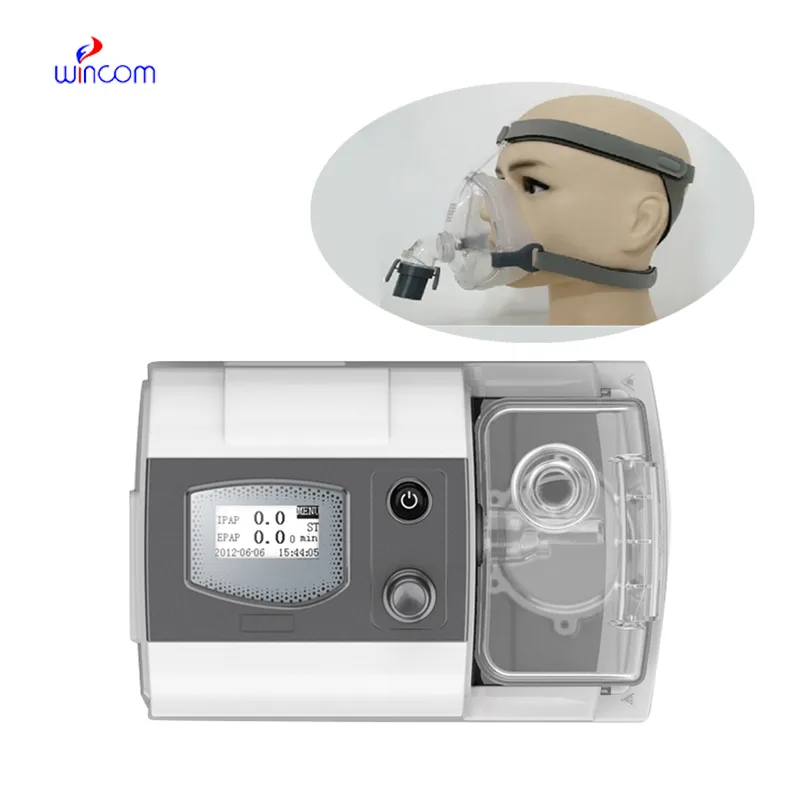
The tesla mri machine has a contemporary design with optimal use of space in the medical setting to provide outstanding image quality. It includes cloud storage and data analysis because of its software-based design. The tesla mri machine provides smooth integration with hospital information systems to enable effective workflow and record-keeping.

The tesla mri machine is used extensively in oncology to screen for tumors, check for response to treatment, and identify the makeup of tissue. It offers clean differentiation between healthy tissues and sick tissues. The tesla mri machine enables early detection of brain, liver, and other organ cancers and allows for appropriate medical planning.

With ongoing technological developments, the tesla mri machine will comprise smart coils and flexible imaging algorithms that respond to motion in the patient. This will minimize artifacts and minimize repeat scans. The tesla mri machine will also facilitate real-time monitoring for surgical navigation and interventional imaging.

To ensure the tesla mri machine are in proper working condition, staff must perform daily visual examination and cleanliness tests. Scheduled engineering inspections must be carried out with coil testing and magnetic field alignment. The tesla mri machine should always be operated under controlled conditions to prevent equipment drift and provide accurate imaging.
The tesla mri machine is a very sophisticated medical imaging device that employs powerful magnetic fields and radio waves to create accurate images of the body's internal organs. It is employed widely to scan the brain, spine, joints, and soft tissues without exposing patients to radiation. The tesla mri machine provides high-contrast images to allow physicians to detect tumors, injuries, and neurological diseases with very high accuracy.
Q: What are the main components of an MRI machine? A: The main components include a superconducting magnet, radiofrequency coils, gradient coils, a patient table, and a computer system for image reconstruction. Q: Can MRI detect early signs of disease? A: Yes, MRI can identify early changes in tissues such as inflammation, lesions, and tumors, allowing for timely diagnosis and treatment planning. Q: Why is it important to stay still during an MRI scan? A: Movement during scanning can blur the images, making it harder to capture accurate details. Patients are asked to remain still to ensure sharp, diagnostic-quality images. Q: Are MRI scans painful or uncomfortable? A: MRI scans are painless, but some patients may experience discomfort from lying still or hearing loud scanning noises, which can be reduced using ear protection. Q: Can MRI be used for cardiac imaging? A: Yes, MRI is commonly used to evaluate heart function, blood flow, and structural abnormalities without invasive procedures or ionizing radiation.
The delivery bed is well-designed and reliable. Our staff finds it simple to operate, and patients feel comfortable using it.
The water bath performs consistently and maintains a stable temperature even during long experiments. It’s reliable and easy to operate.
To protect the privacy of our buyers, only public service email domains like Gmail, Yahoo, and MSN will be displayed. Additionally, only a limited portion of the inquiry content will be shown.
We’re currently sourcing an ultrasound scanner for hospital use. Please send product specification...
I’m looking to purchase several microscopes for a research lab. Please let me know the price list ...
E-mail: [email protected]
Tel: +86-731-84176622
+86-731-84136655
Address: Rm.1507,Xinsancheng Plaza. No.58, Renmin Road(E),Changsha,Hunan,China